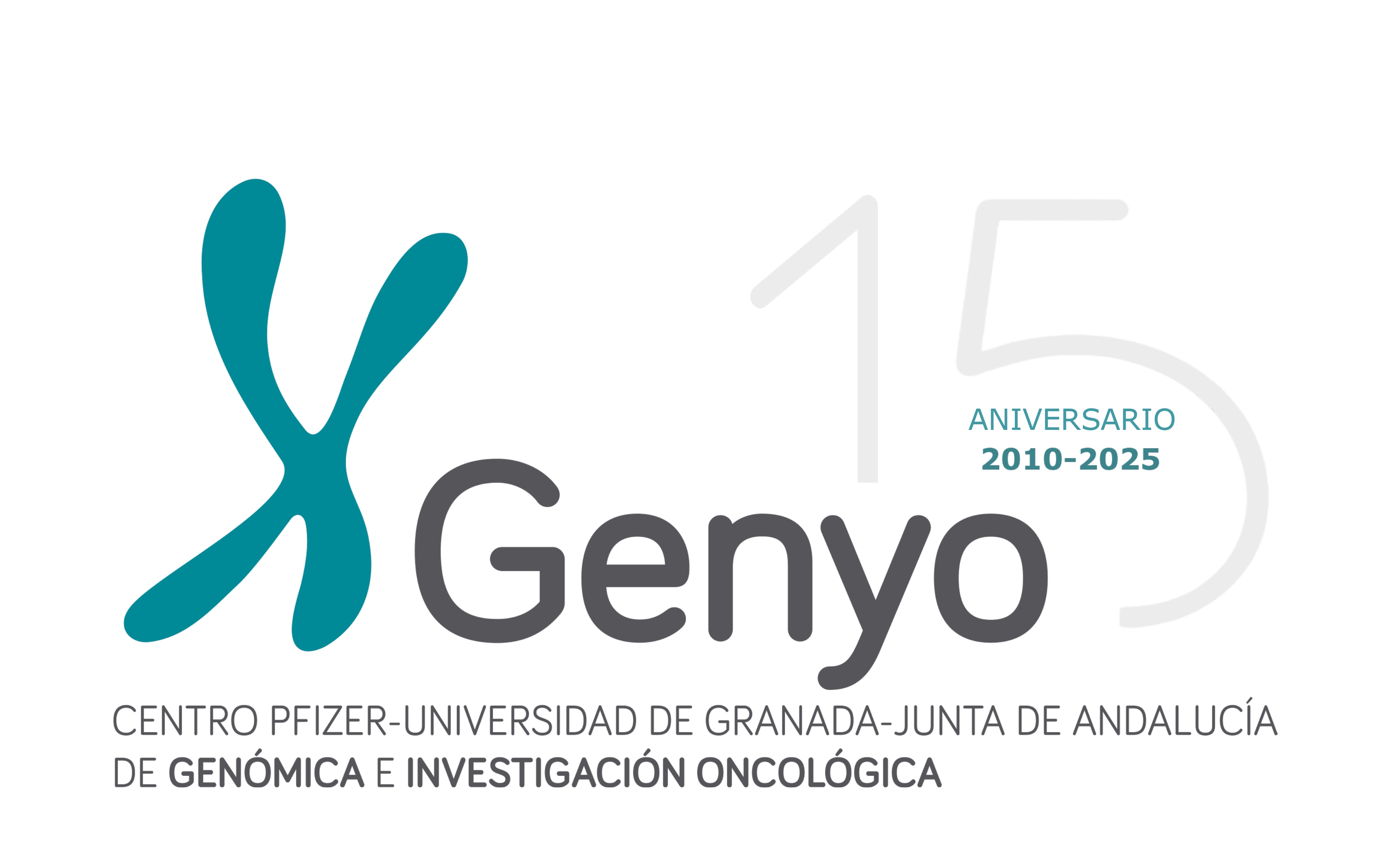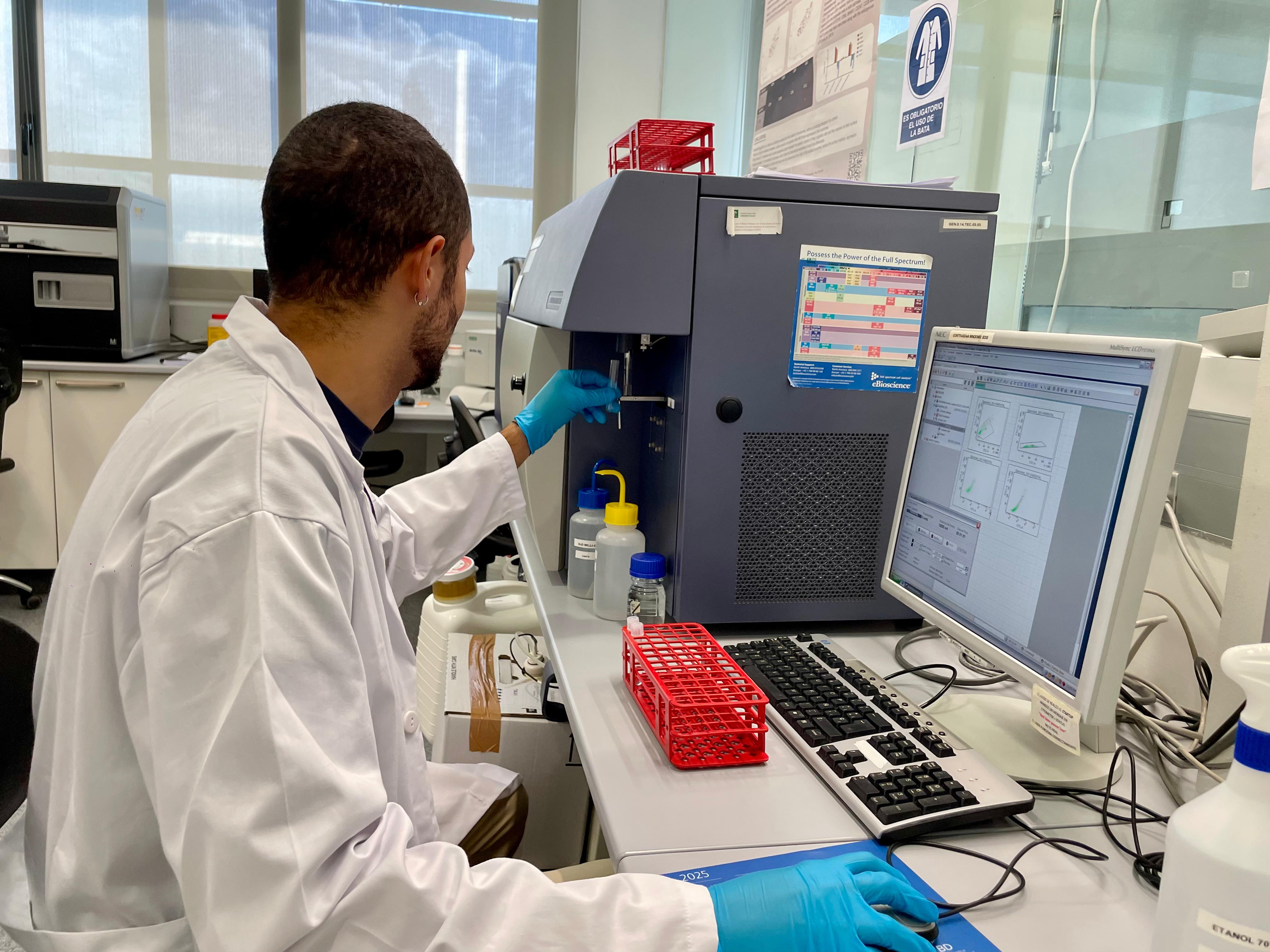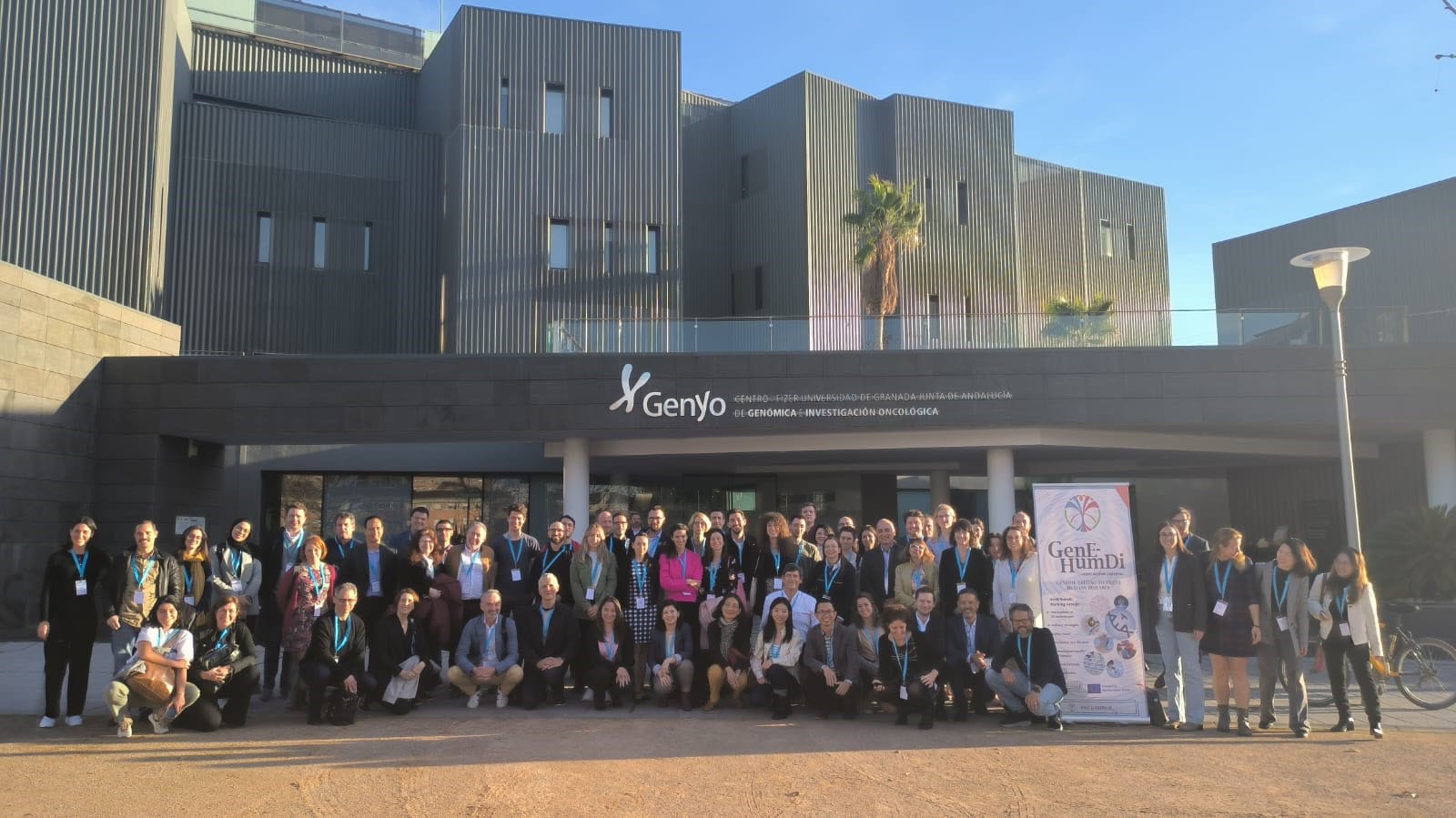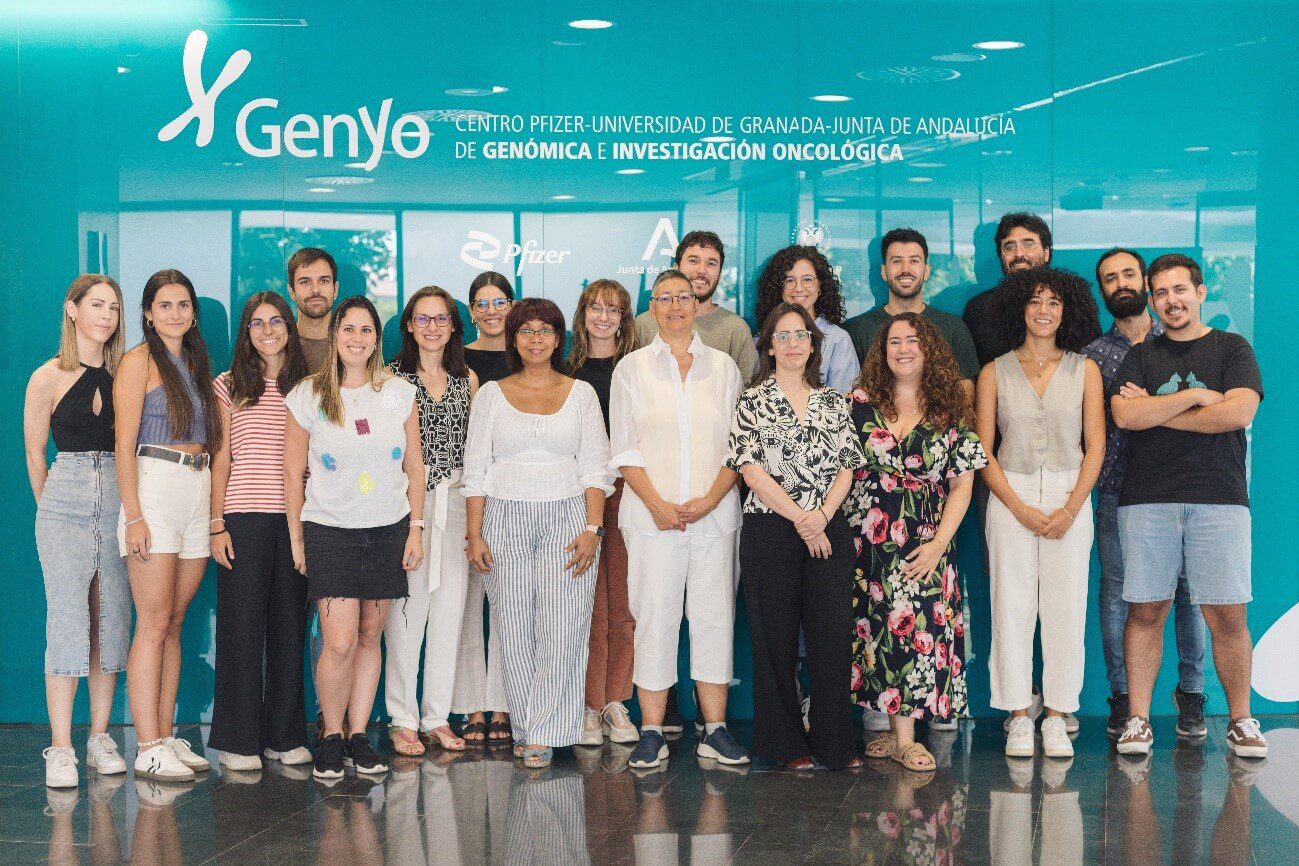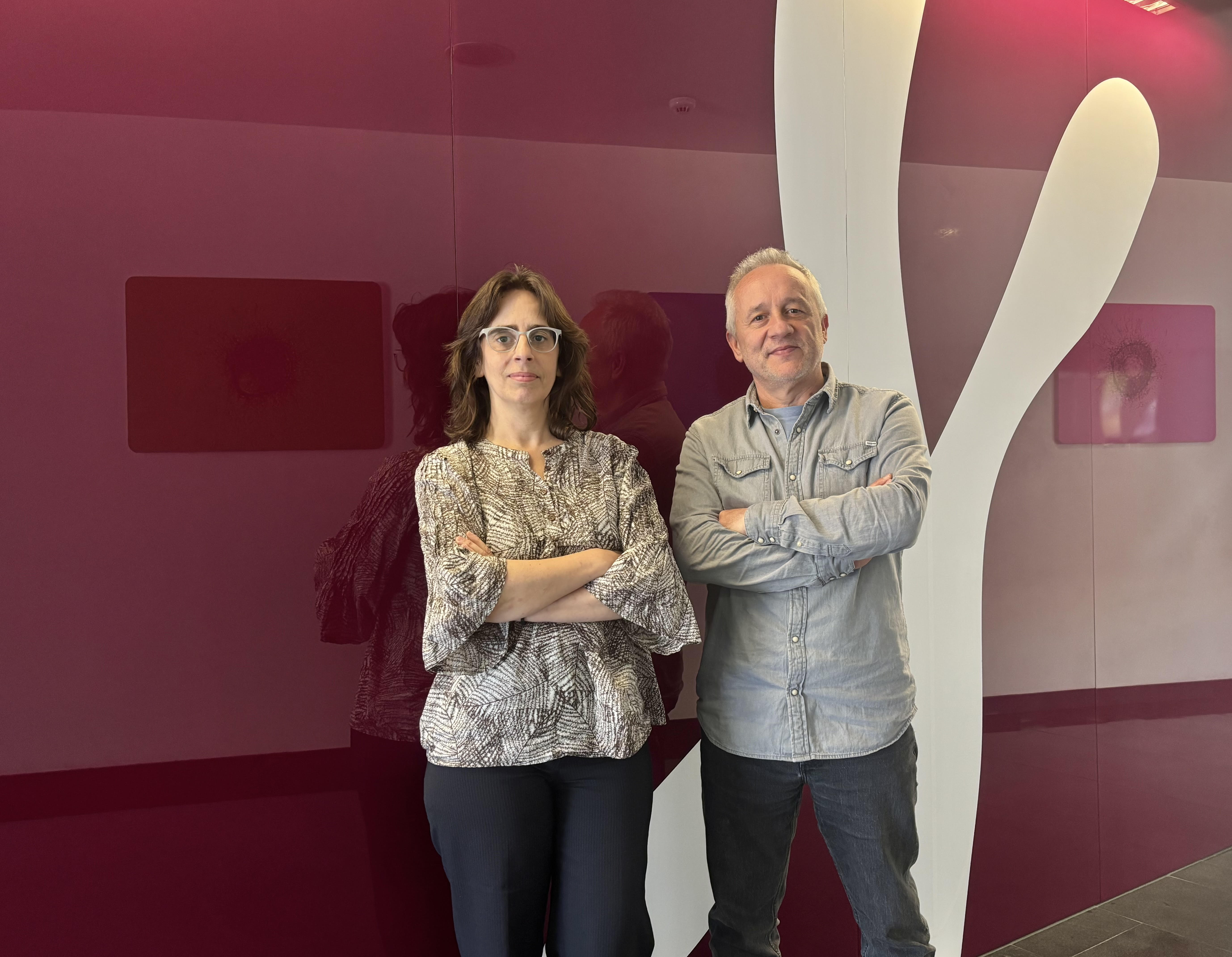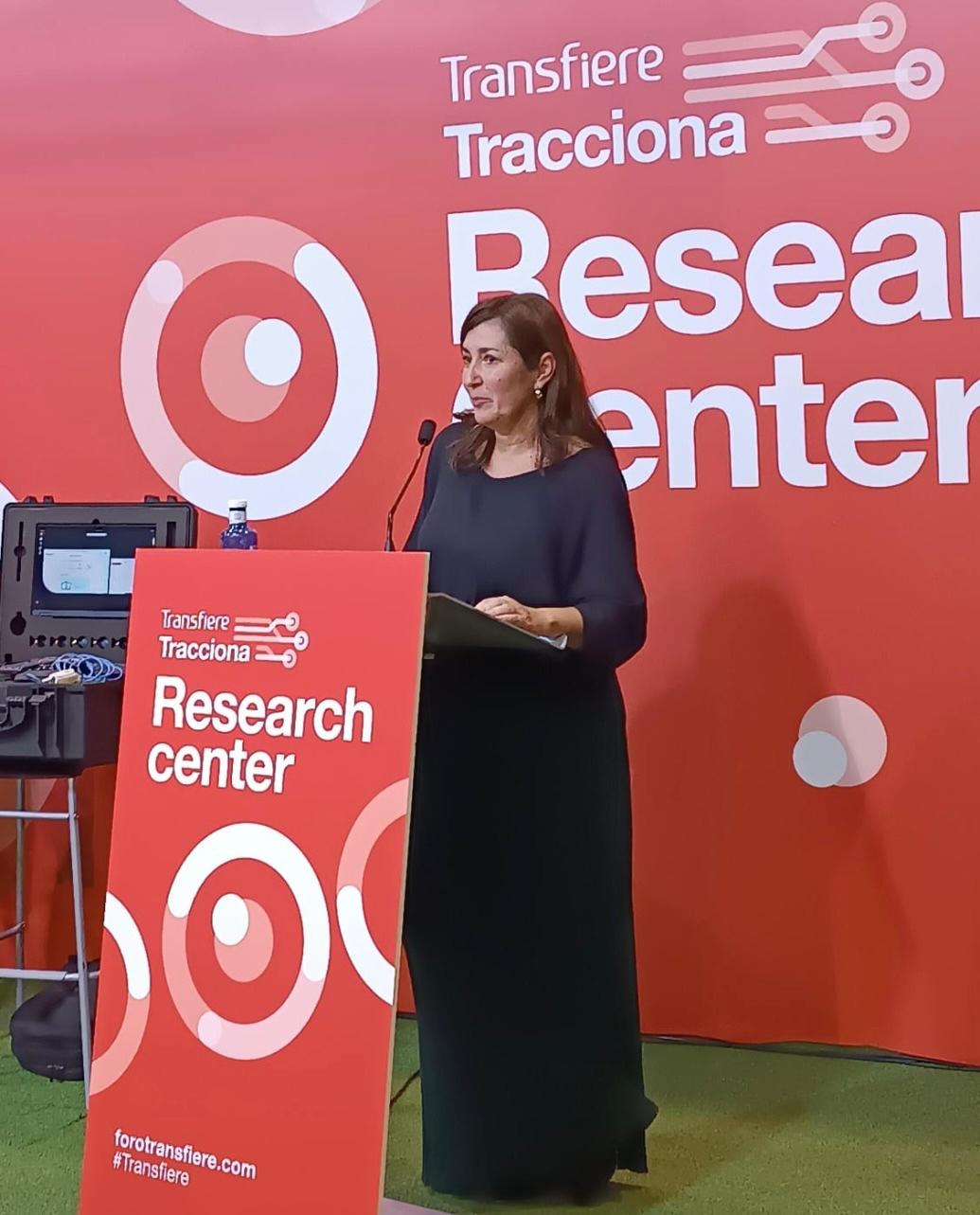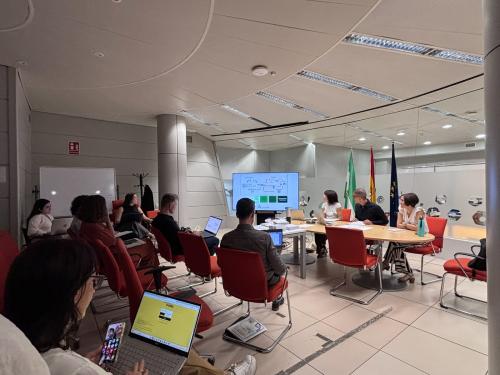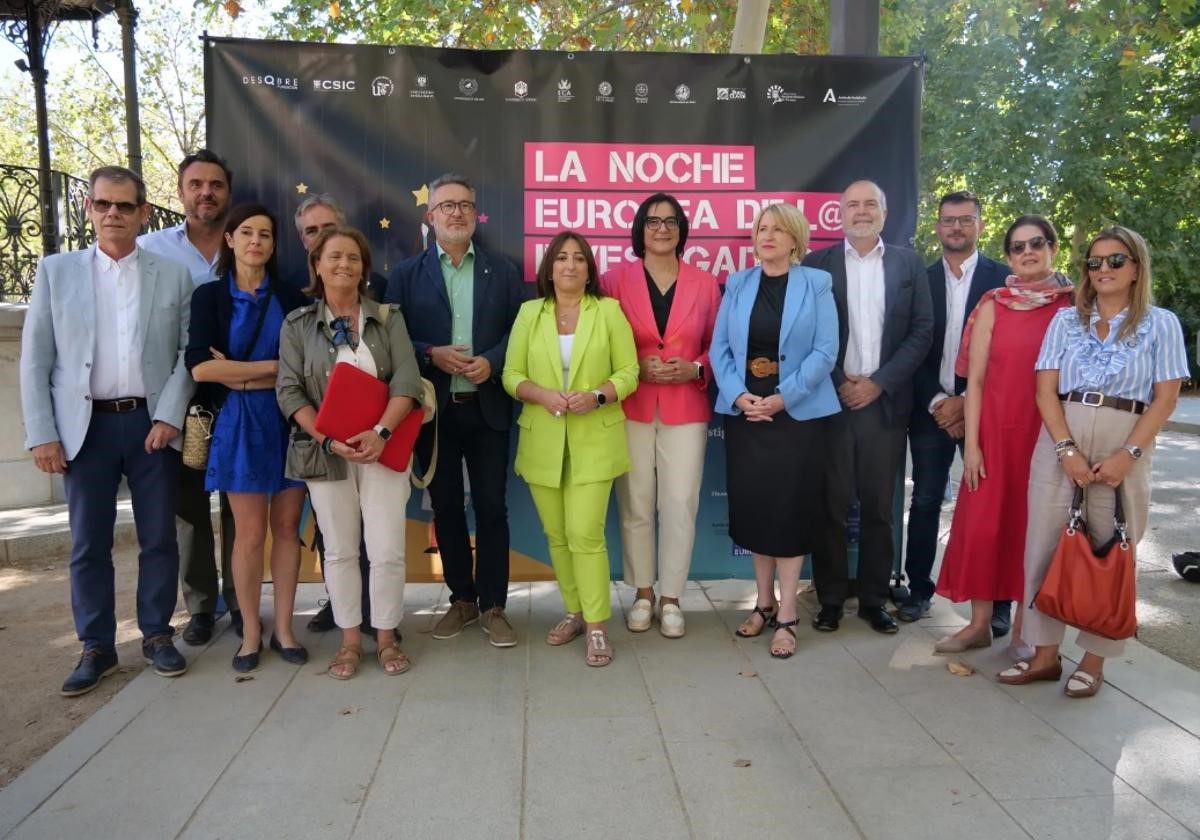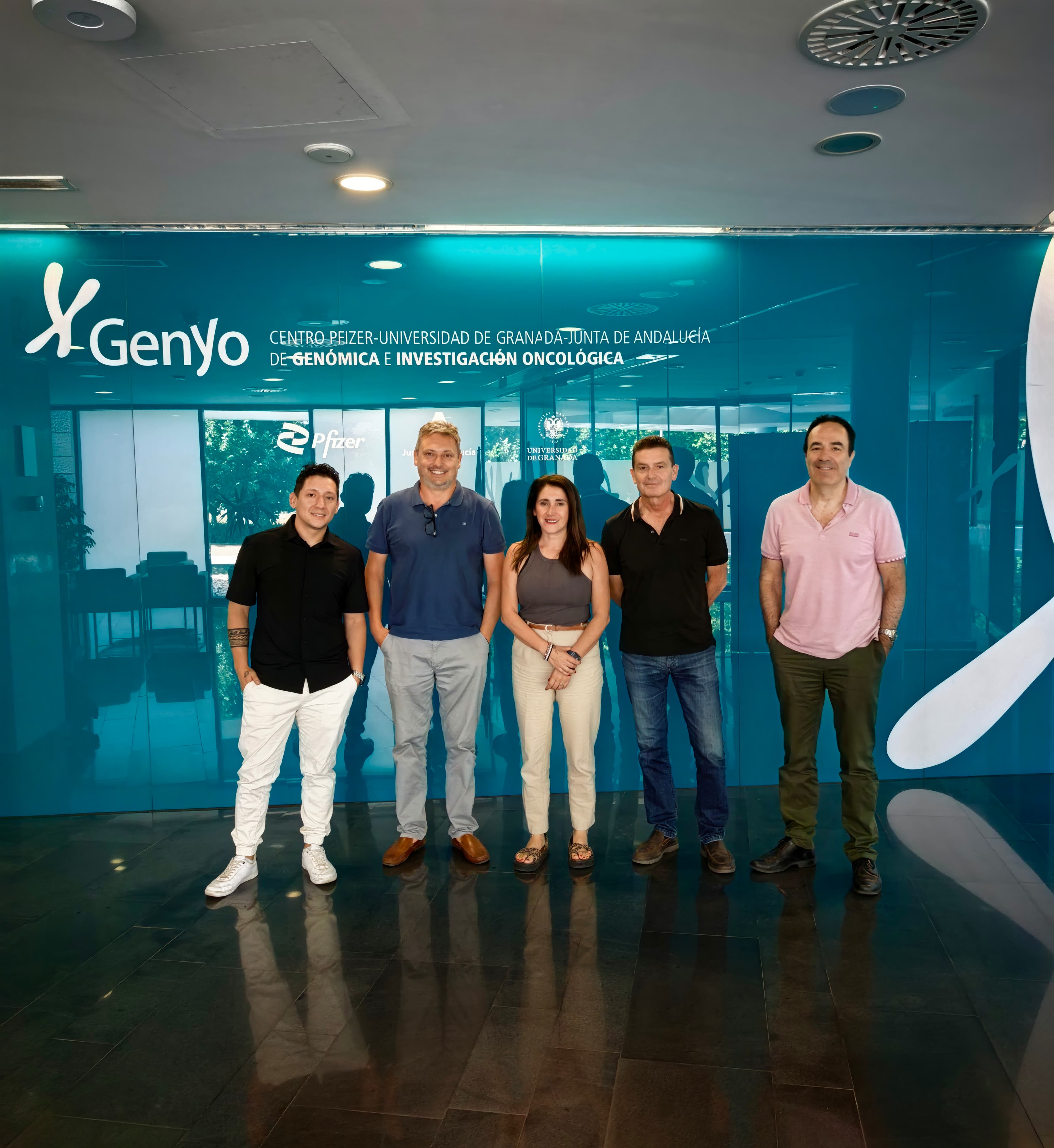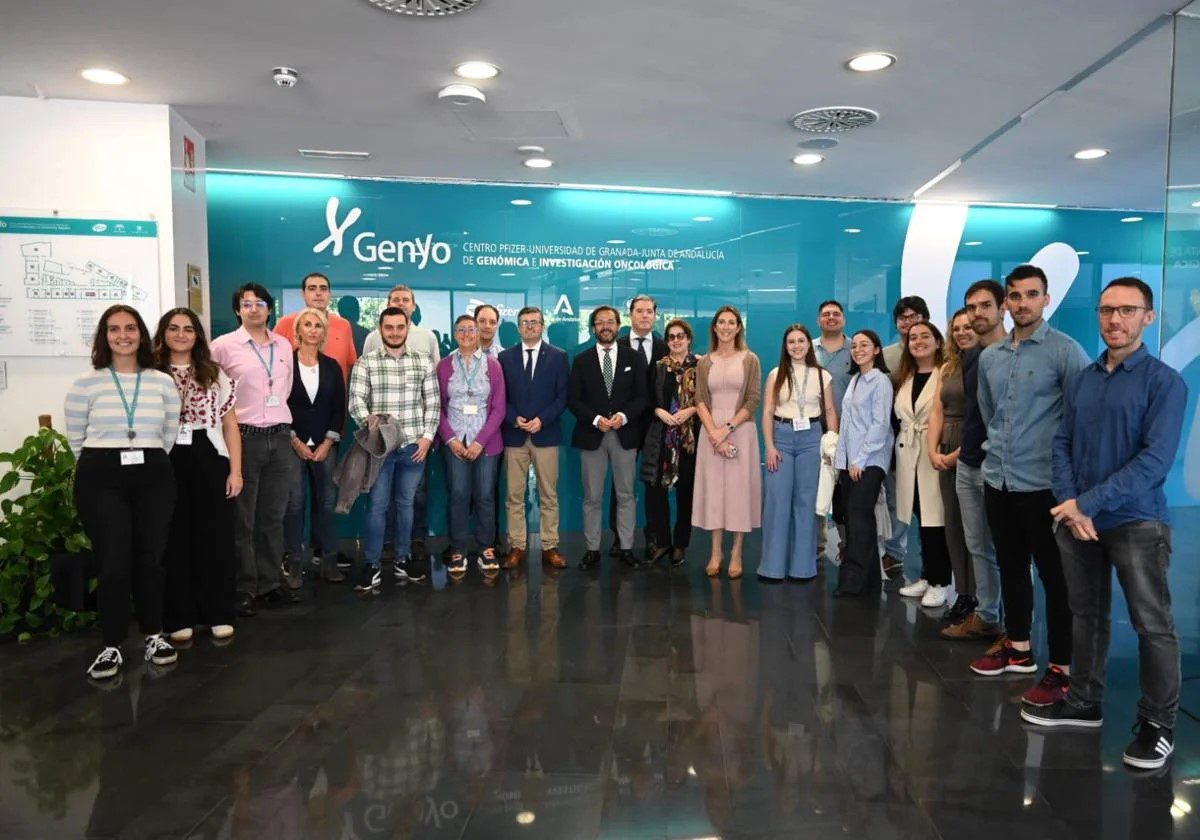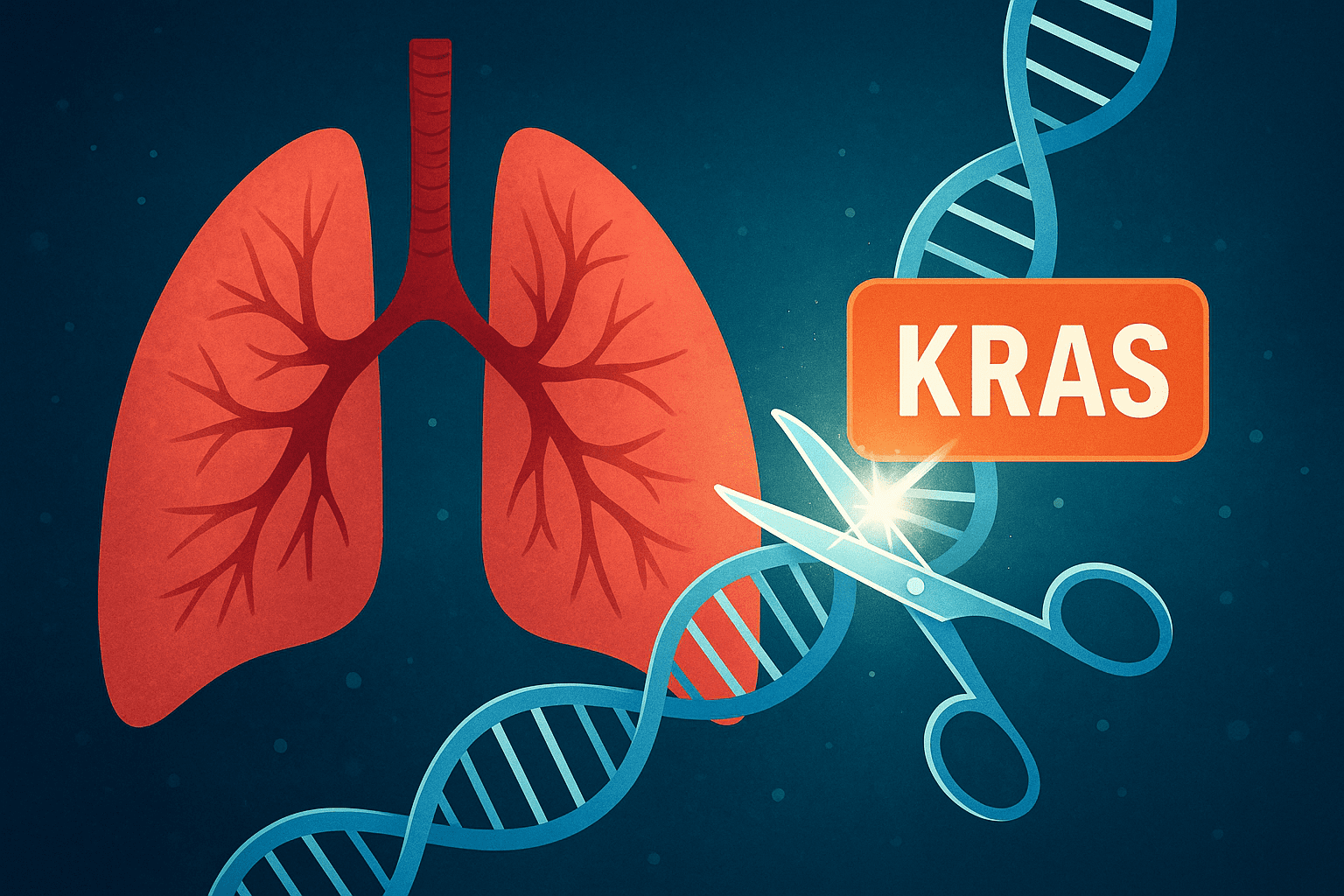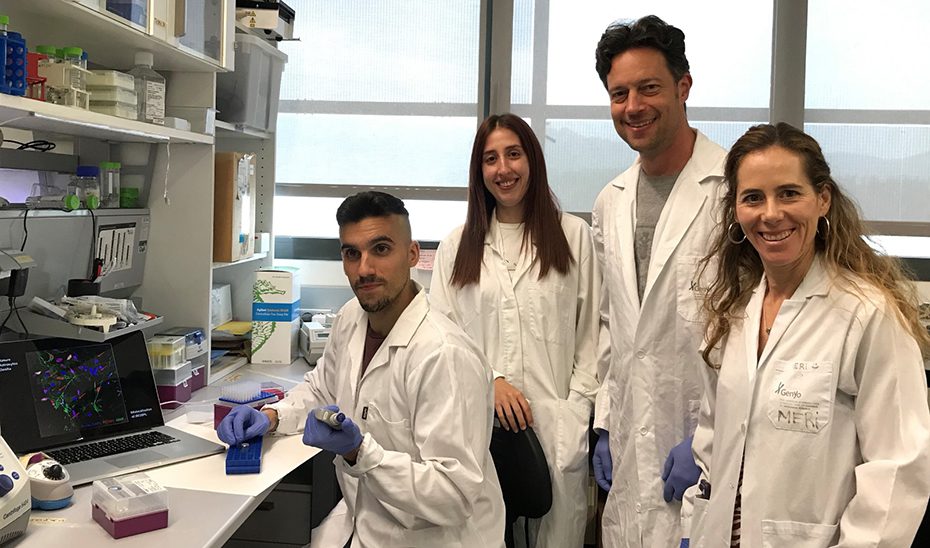
There are no projects in the garbage can.
The Pfizer–University of Granada–Regional Government of Andalusia Centre for Genomics and Oncological Research (GENYO) celebrates its 15th anniversary, having established itself as a leader in areas of research such as autoimmune diseases, gene and cell therapy, and the genetics of chronic inflammatory diseases, among other cutting-edge fields.
Over the past fifteen years, GENYO has promoted excellence in research and translational orientation thanks to public-private collaboration between the Regional Government of Andalusia and the University of Granada, on the one hand, and Pfizer, on the other. Among the milestones achieved in its first decade—which positioned it as a centre of reference—are more than 1,000 scientific publications and nearly 60 doctoral theses. Today, the centre has more than 200 research, technical and management staff, reflecting its sustained growth and ability to attract talent.
GENYO, which recently changed its structure thanks to the presentation of its strategic plan, focuses its activity on two main areas: Functional Genomics and Personalised Medicine, which comprise 16 research groups.
These groups, leaders in their fields, address topics ranging from cancer interception through liquid biopsy and the biology of non-canonical DNA structures to the genetics and genomics of immune-mediated diseases, bioinformatics and data science in health, and the development of CART-T therapies in lymphocyte engineering for cancer treatment.
In this new period, it is noteworthy that the centre’s managing body has become the Foundation for Biomedical Research in Eastern Andalusia-Alejandro Otero-FIBAO.
‘Reaching 15 years means confirming that the centre’s model works: scientific excellence, public-private collaboration and patient focus. The increase in staff and participation in large European consortia demonstrate our ability to generate real solutions to health problems,’ emphasises Luisa M. Rancaño, the centre’s manager.
See more news


